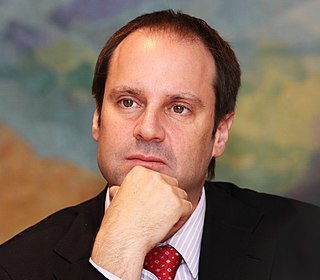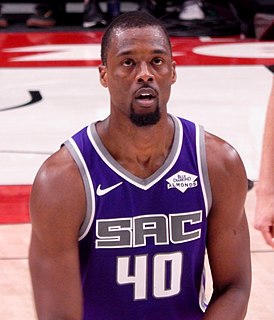A Quote by Mark Frauenfelder
Windell Oskay is the co-founder of Evil Mad Scientist Laboratories, a Silicon Valley company that has designed and produced specialized electronics and robotics kits since 2007.
Related Quotes
Silicon Valley, after all, feeds off the existence of computers, the internet, the IT systems, satellites, the whole of micro electronics and so on, but a lot of that comes straight out of the state sector of the economy. Silicon Valley developed, but they expanded and turned it into commercial products and so on, but the innovation is on the basis of fundamental technological development that took places in places like this [MIT] on government funding, and that continues.
One of the great things about Silicon Valley is, irrespective of how competitive you might be with another company or how closely you might be working with that company, there's a great sort of give and take, and camaraderie from - between - some of the executives in the valley and some of the other investors in the valley.
When I first moved to Hollywood from Silicon Valley, I had some misgivings. But I found that there were some advantages to being in Hollywood. And, in fact, some advantages to owning your own media company. And I also found that Hollywood and Silicon Valley have a lot more in common than I would have dreamed.

































